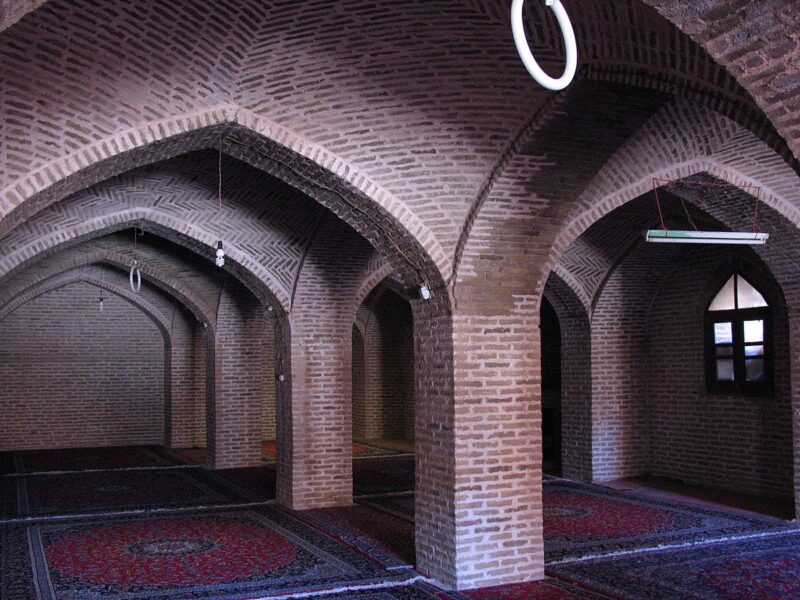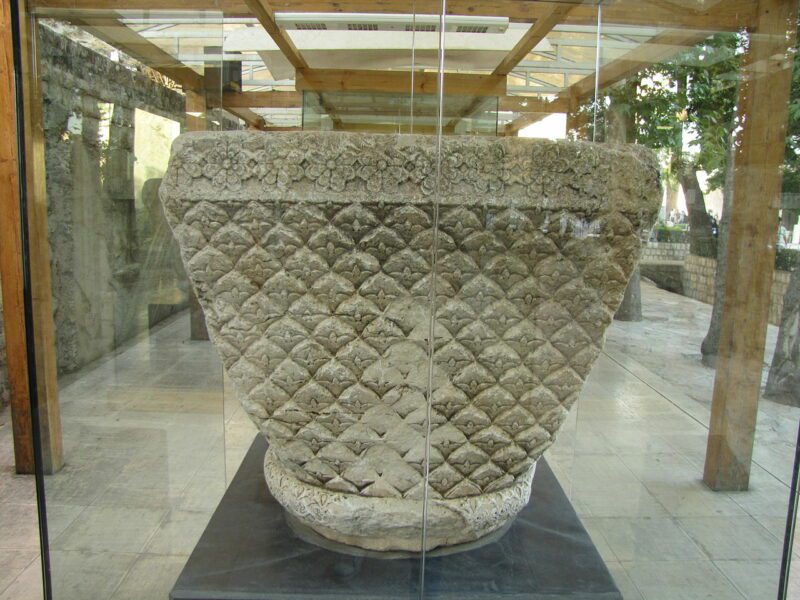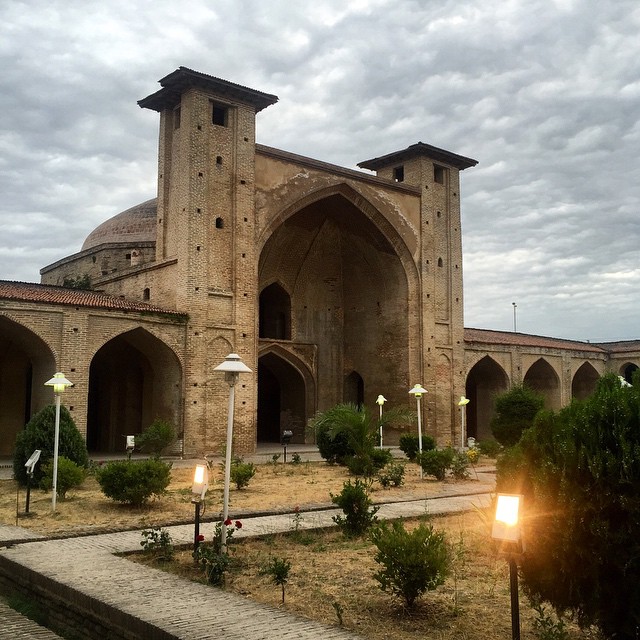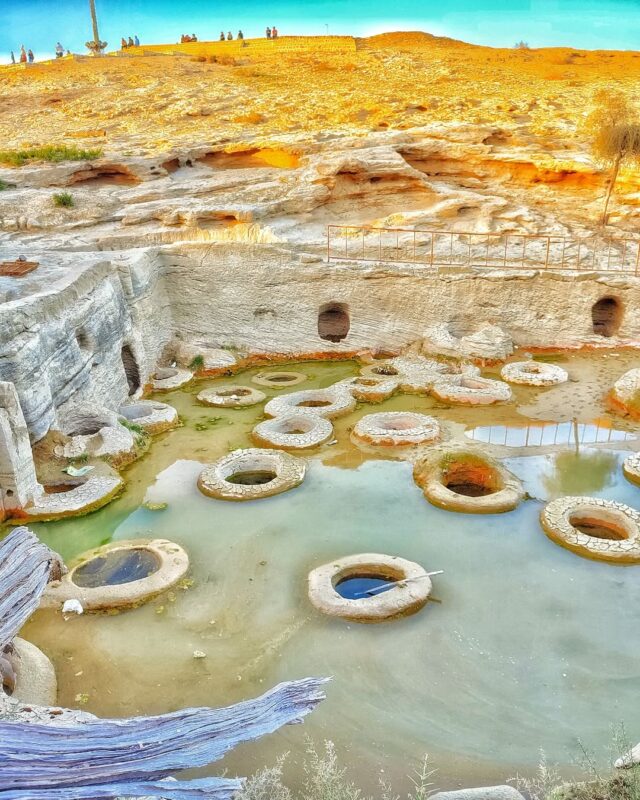Nain Grand Mosque: a treasure of history and art
Jame Nain Mosque, the gem of Islamic architecture in the heart of the desert, is not only a religious place, but also a treasure of Iranian history, art and culture. This mosque dates back to the beginning of Islam and has witnessed many ups and downs over the centuries.
Architecture:
The naves of the mosque with brick columns and exquisite plasterwork have created a spiritual and relaxing atmosphere.
The dome of the mosque is decorated with moqrans, giving it a magnificent effect.
The minaret of the mosque, with a height of 28 meters, can be seen from the farthest parts of the city, and the call to prayer from its top spreads the soulful sound of spirituality in the city.
The mihrab of the mosque with mosaic tiles and Kufic lines is a masterpiece of Islamic art.
The entrance door of the mosque shows elegance and beauty with delicate carvings.
Patterns and decorations:
The plastering of the mosque, with Islamic, geometrical motifs and Quranic verses, have given it an eye-catching appearance.
The mosaic and seven-color tilings in the altar and other parts of the mosque have displayed an effect of color and glaze.
Kufi and Tholt lines in mosque inscriptions show off the beauty and elegance of Islamic calligraphy.
Functions of the mosque:
Throughout history, in addition to its religious function, the Nain Grand Mosque has been a place for education, gatherings and cultural activities.
In this mosque, there was a library with exquisite manuscripts and a school for religious studies students.
Jame Nain Mosque is a symbol of solidarity and unity of the people of the city and throughout history, it has played an important role in preserving and promoting Iranian culture and identity.
Nain Grand Mosque




Join The Discussion